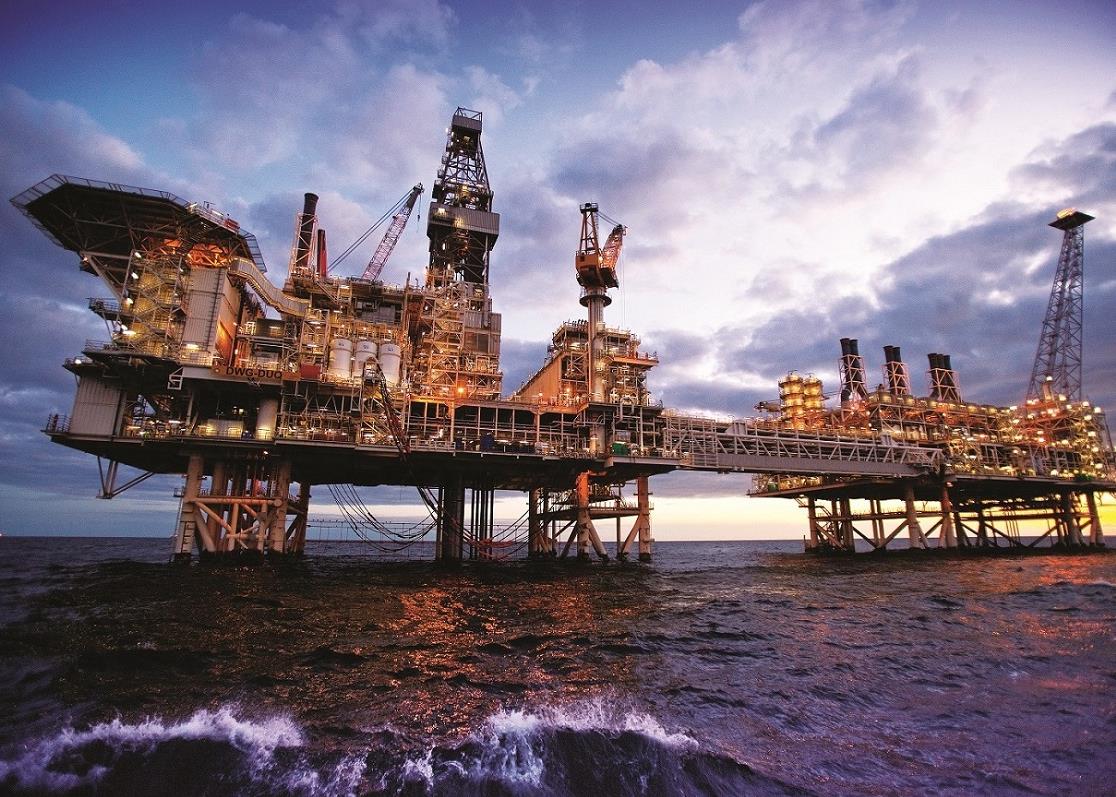

In conversation with Sriram Anantha Narayanan, senior vice president for the Middle East & Africa at Yokogawa Products
 What was the main purpose of your recent AI-controlled plant field test?
What was the main purpose of your recent AI-controlled plant field test?
In the recent test, we developed a model generated from the design information of a JSR Corporation chemical plant and deployed the Reinforcement Learning-backed AI, Yokogawa’s FKDPP, or Factorial Kernel Dynamic Policy Programming algorithm, to operate the system for 35 days.
The benefit of Reinforcement Learning AIs is they can be used to control areas that existing methods, such as advanced process controllers and PID control, cannot automate.
This allows automation to be extended to further processes and plants where safety and precision are absolute necessities.
How did the system perform and what are the expectations for it in future?
The field test was a huge success, with the AI solution successfully dealing with the complex conditions needed to ensure product quality and maintain liquids in the distillation column at an appropriate level while making maximum possible reuse of waste heat.
The result was the stable production of commercial products that met the quality standards required, and the total elimination of off-spec products. As only good quality product was produced, the trial also reduced the fuel and labour costs incurred by sub-standard outputs.
At the same time, the pilot yielded significant energy and CO2 emissions savings through the improved reuse of waste heat.
This suggests that as a next-generation control technology, the Reinforcement Learning AI FKDPP can significantly contribute to automation, the maximisation of return on investment and environmental sustainability at plants around the world.
With the AI autonomous control system integrated with the Centum VP integrated production control system, pretty much no human intervention was required and only system monitoring was needed. From a health and safety perspective, this meant there was no longer a need for operators to manually control production or maintain 24-hour-a-day surveillance. This reduced the mental burden and lowered the stress of employees, reducing human errors and leading to higher levels of safety.
What opportunities does Yokogawa see for AI automation in the Middle East?
In the Middle East, there is a range of chemical and petrochemical processes to which this form of AI automation could be applied, including typical atmospheric distillation columns, vacuum distillation columns, fluid catalytic cracking units that convert heavy products into gasoline and other transportation fuels, and chemical reactors. All of these are difficult to control, and so at present, the processes are all handled by people.
However, we see the possibility to optimally control all such difficult areas for conventional control, with the Reinforcement Learning AI-based control offering improved safety and productivity and significant savings on energy and reduced CO2 emissions.
Related reads:
- Yokogawa awaits Saudi petchems project orders
- Yokogawa to win Saudi petrochemical project orders
- Yokogawa wins Oman LNG systems upgrade

You might also like...

Alstom wins Jeddah airport deal
18 April 2024

Chinese contractor to build 86-storey tower in Dubai
18 April 2024

Japan and UAE to explore clean energy cooperation
18 April 2024

Contract awarded for Algeria steel project
18 April 2024
A MEED Subscription...
Subscribe or upgrade your current MEED.com package to support your strategic planning with the MENA region’s best source of business information. Proceed to our online shop below to find out more about the features in each package.








